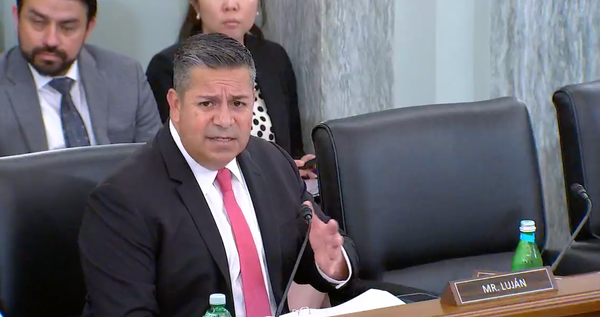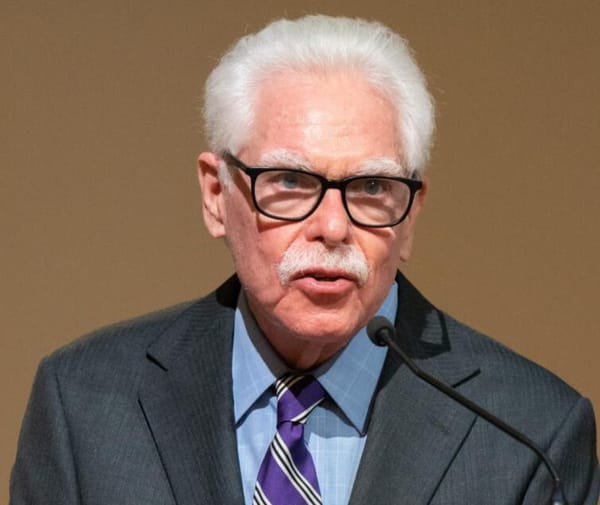Coronavirus Roundup: NCTA Says Internet Use Leveling, Broadband Now Says It’s Slow, NYT Says We Need It
The cable and broadband association NCTA on Wednesday released a a report saying that growth in peak internet traffic nationally is showing signs of leveling off. The report, which addressed both downstream and upstream internet traffic, cautioned that the nation may still see variation among indiv

The cable and broadband association NCTA on Wednesday released a a report saying that growth in peak internet traffic nationally is showing signs of leveling off.
The report, which addressed both downstream and upstream internet traffic, cautioned that the nation may still see variation among individual states or regions. But across the country data over two weeks shows growth slowing even plateauing in some places. NCTA found that:
- National downstream peak growth remains flat for the second consecutive week, up just 0.65 percent during the week of April 11-18.
- The growth rate of national upstream peak bandwidth is slowing. For the second consecutive week, peak traffic was up 0.71 percent during the week of April 4-11. That compares to increases of 4 percent and 7 percent during the previous two weeks.
The data come from the NCTA’s 3-week old COVID-19 Internet Dashboard. The dashboard includes aggregated data from more than 200 NCTA serving tens of millions of homes and businesses.
BroadbandNow releases ‘The State of Broadband in America’ for the first quarter
Internet speeds were slower in March during the first quarter of the year across 16 states compared to the previous five months, according to “The State of Broadband in America, Q1 2020.”
That data comes from the independent BroadbandNow, and suggests that the coronavirus pandemic is casting a sharp spotlight onto the widespread digital divide in the U.S. Indeed, broadband speeds compare unfavorably to the group’s prior report, “The State of Broadband in America, Q1 2019.”
In addition, today’s internet infrastructure is being tested as 10s of millions of workers and students are relying on their connections to stay away from the possibility of COVID-10 infection while still being productive.
“The importance of a strong internet connection has never been under a microscope, like it is today,” said John Busby, managing director of BroadbandNow. “In this difficult time for America and the world, the digital divide in the U.S. is demonstrating the critical necessity of broadband currently and to our future.”
The New York Times highlights a silver lining to the coronavirus pandemic
A New York Times op-ed by Brian Chen argues that the COVID pandemic and subsequent quarantine have revealed to us all the tech we ever needed:
- Computing devices
- Communication tools
- Entertainment
- An internet connection
The fancier gadgets that the tech elite have marketed such as self-driving cars and folding phones are “excesses” even if they are “kind of neat.”
“For years, tech companies have pushed ultrafast 5G networks, artificially intelligent speakers that talk to us, and other whiz-bang gadgets and features,” Chen writes, “but most of us aren’t using those bells and whistles now.
The article makes a point of highlighting something that Broadband Breakfast have been vocal about for more than a decade: The vital importance of Better Broadband, Better Lives.
It turns out that one of the most important ingredients in modern life is, in fact, a high-speed and reliable internet connection.
Chen’s advice? “Put time and money into maintaining your internet infrastructure. Ask your internet provider about sluggish speeds, and if that doesn’t help, check your router and consider upgrading.”
The short list of essential tech listed above “can guide our priorities in tech consumption even after we come out of this uncertain period. It also means that we don’t have to spend much money to maximize our happiness with tech,” Chen argued.









